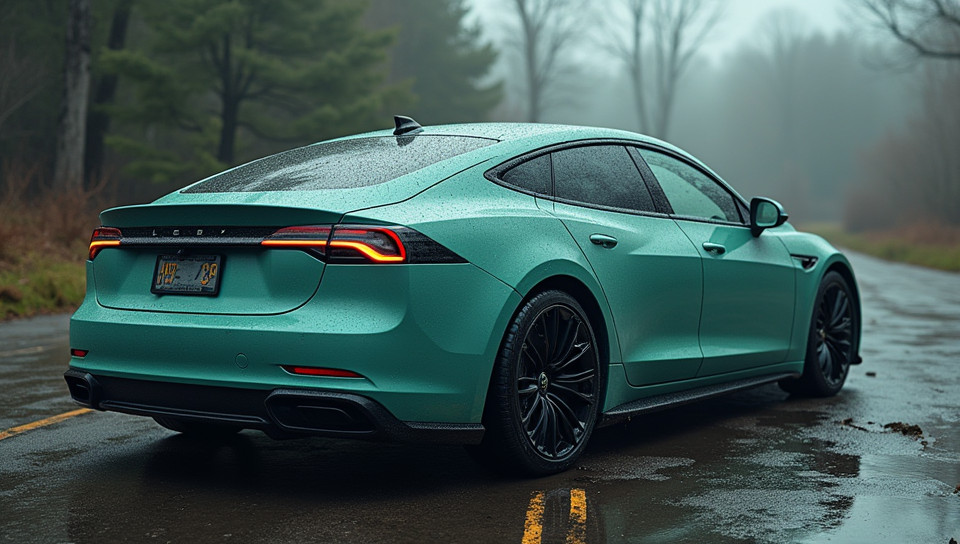EV batteries are made from toxic materials hurting environment 40%

The Dark Side of Electric Vehicles: How Toxic Materials are Hurting Our Environment
As electric vehicles (EVs) continue to gain popularity, concerns about their environmental impact have grown. While EVs produce zero tailpipe emissions and are considered a more sustainable option than traditional gas-powered cars, the production process for these batteries poses a significant threat to our environment.
The Toxic Materials Used in EV Batteries
The lithium-ion batteries that power most EVs contain toxic materials like cobalt, nickel, and lead. These substances can have devastating effects on human health and the environment if not handled properly.
- Cobalt is a key component in lithium-ion battery production, but it's also linked to child labor and environmental degradation in countries where it's mined.
- Nickel is another essential material used in EV batteries, but its mining process releases toxic chemicals into waterways, posing risks to aquatic life.
- Lead is also present in some EV battery designs, which can contaminate soil and water if not disposed of correctly.
The Environmental Consequences
The extraction and processing of these toxic materials have severe environmental consequences. For example:
- Deforestation and habitat destruction occur when forests are cleared for mining operations.
- Water pollution from chemical runoff affects local ecosystems and human populations.
- The energy required to process and manufacture EV batteries contributes to greenhouse gas emissions.
A Call to Action
While the benefits of electric vehicles outweigh their drawbacks, it's essential to address the environmental concerns surrounding their production. Manufacturers must prioritize sustainable practices in mining, processing, and recycling these materials. Governments can also play a crucial role by implementing regulations that promote responsible sourcing and waste management.
The Future of Sustainable Batteries
Researchers are working on developing more environmentally friendly battery technologies, such as solid-state batteries and lithium-air batteries. These innovations have the potential to reduce or eliminate the use of toxic materials in EV production.
As we move towards a cleaner transportation future, it's essential to acknowledge the challenges posed by EV battery production. By working together, we can create a more sustainable industry that prioritizes both environmental protection and technological innovation.
The transition to electric vehicles is inevitable, but we must ensure that this shift doesn't come at the expense of our planet's health. It's time for the EV industry to take responsibility for its environmental impact and work towards a greener future.
- Created by: Susan Gutierrez
- Created at: Aug. 14, 2024, 9:30 p.m.
- ID: 7110




